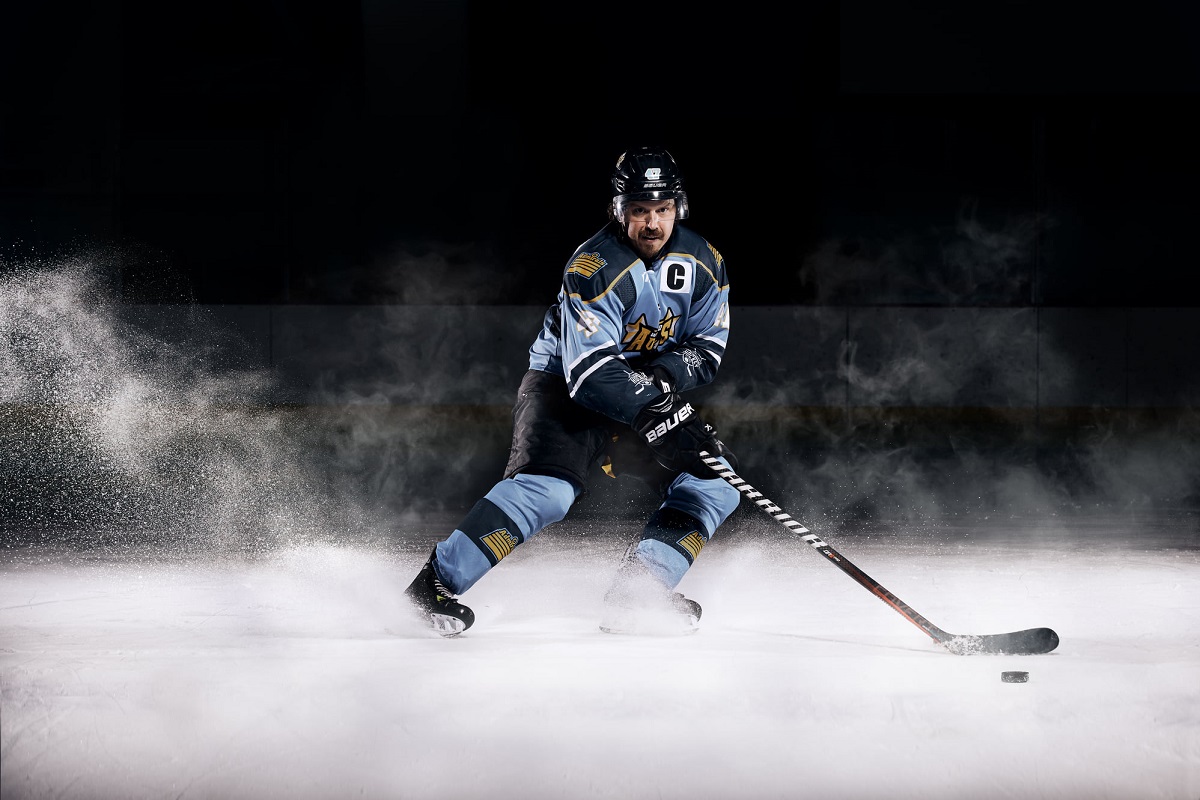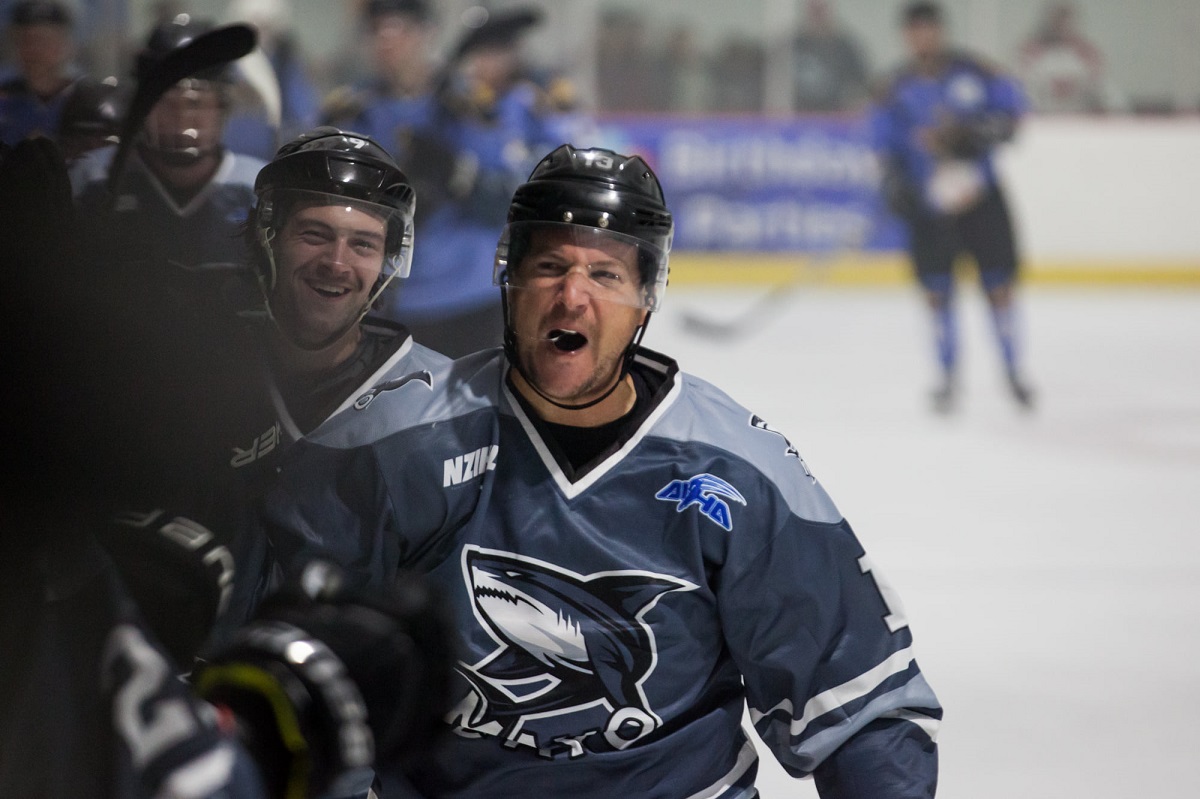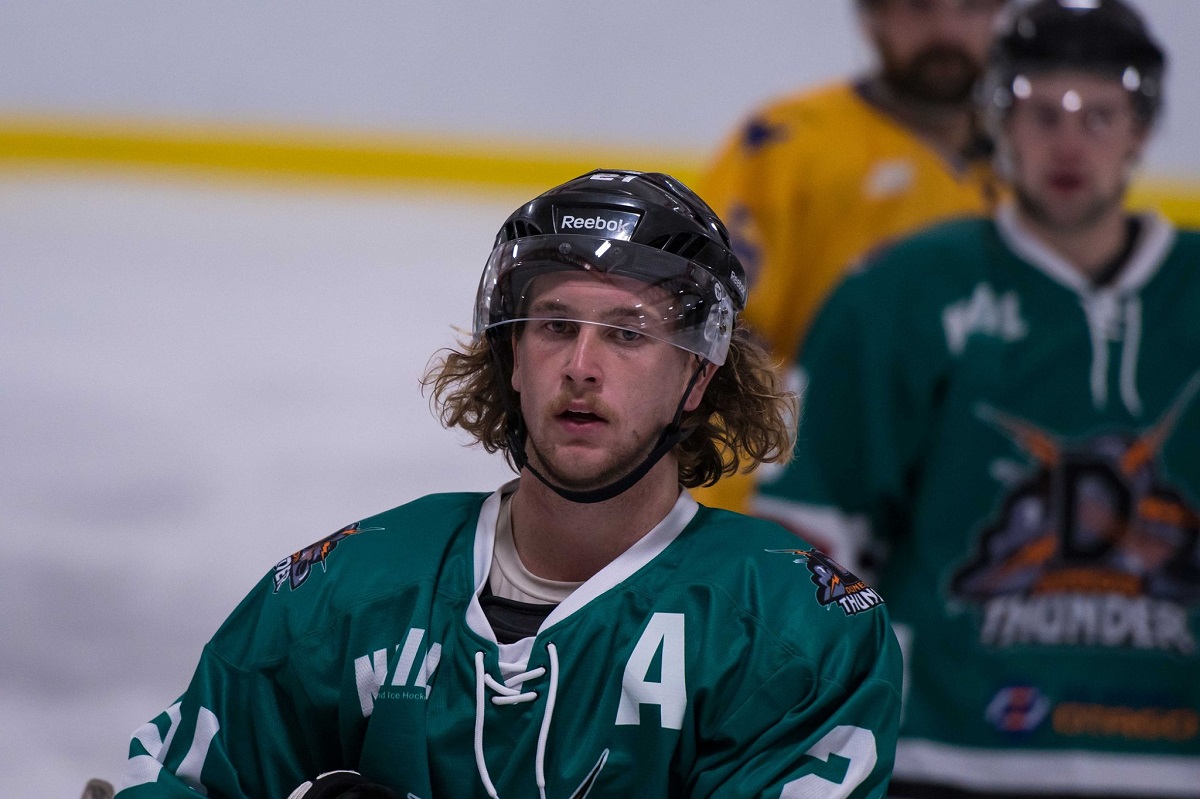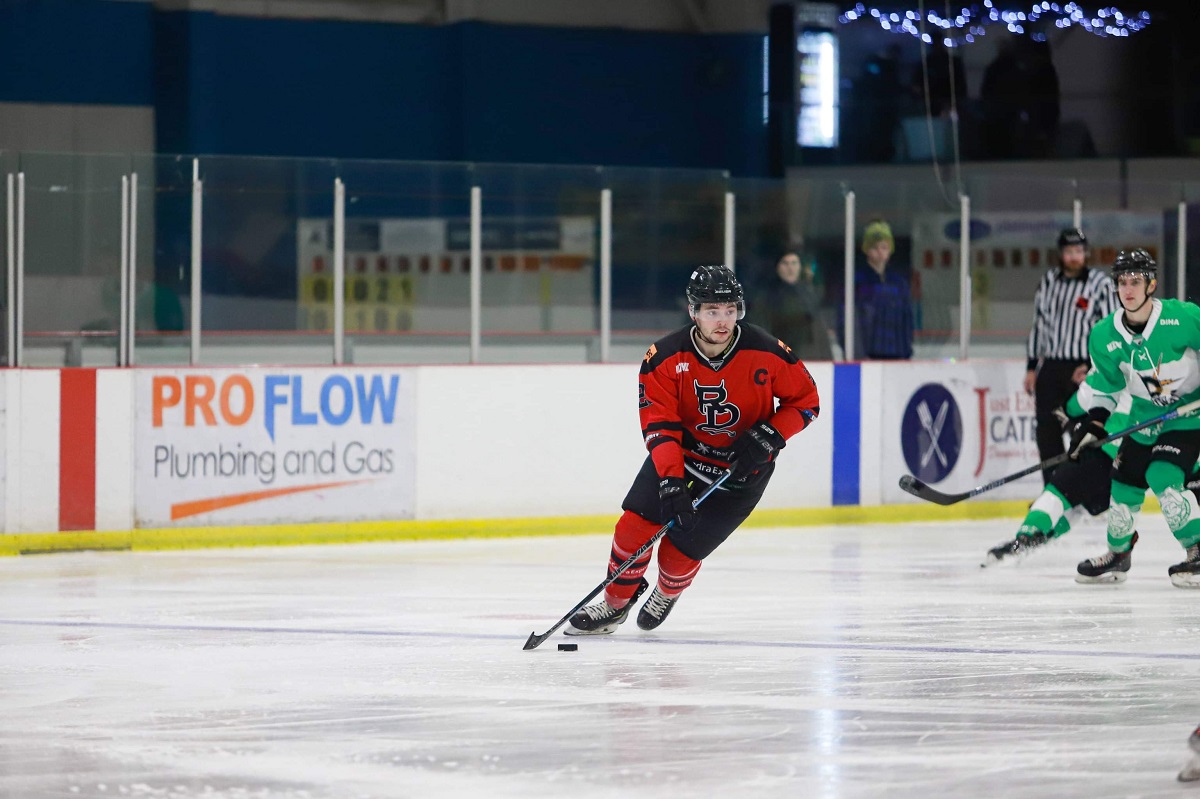We have protective gear mandated in the game rules to help protect our bodies but what protection do we have for our mental health?
Since the dawn of time, poor mental health has always lurked in the shadows of sport, with many athletes keeping their struggles hidden. For decades, the message was clear; “shake it off”, “toughen up”, “get over it”, “don’t cry about it” and simply ‘focus on winning’.
Simone Biles, Michael Phelps, Naomi Osaka and Tom Dumoulin are just the shortlist of top athletes that have spoken out about their mental health, all athletes will experience some form of mental distress during their competitive lives in different extents. In speaking out about their struggles, the athletes have illuminated the path for many others to start the conversation (case in point), and they have courageously shown that it is OK not to be OK.
According to research (Purcell, 2019), many factors can impact an athlete’s mental health – sports-related injury or concussion, performance failure, overtraining, negative life events, low support, impaired sleep, social media … Covid and the list goes on.
Covid has caused a wave of destruction globally. When we look at Covid’s destruction through an athlete lens, it doesn’t take long to see the negative impacts. Events are on, then off. Seasons start and end a week later. Athletes train for the moment yet the moment doesn’t come. Almost everything an athlete has relied on is suddenly compromised. The sense of satisfaction of competing, the routine of training, habitual daily grind, the support of the team, coaches, management – all that good stuff has been put on ice, and not in the way we’d like. The isolation of a lockdown is a stark juxtaposition of what our athletes are accustomed to. In New Zealand, we have been the ‘lucky ones’. We made it nearly through our NZIHL before the Delta variation took hold.
We’ve chatted to leaders from around the NZIHL and got their insight into their view of mental health and how they are helping to advocate for healthier mental environments in the NZIHL. We have focused on the different aspects which can lead to poor mental health and how these athletes have managed their mindsets during times of distress.
Please note: Content below may be triggering. Help numbers and links to toolkits can be found at the bottom of this article. If you or someone you know is struggling and need urgent attention, please call 111. If you are in New Zealand, you can also call or text 1737 anytime to chat to someone.
Injury is an unavoidable part of sport. While most injuries can be managed seamlessly, substantial injury can lead to mental distress.
Emotional reactions (sad, angry, irritated, frustrated, disengagement, etc) are normal. However, reactions that do not resolve or worsen over time can become problematic. How athletes react to their injuries differs and usually when they are injured, they are out of sight of coaching staff and teammates which means a whole different support system is required. An injured athlete can’t do the thing they love, this leads to a decrease in the quality of their life. We need to tend to the injured part of the body as well as mental state, as they are 2 halves of a whole.
“Another problematic response to injury is depression, which magnifies other responses and can also impact recovery.” (NCAA, 2021)
West Auckland Admirals captain, Justin Daigle, suffered a significant injury to his eye during a regulation game in 2017. We asked him how he dealt with the mental challenges associated with his injury, recovery and returning to the ice.
“Injuries are an unfortunate and unavoidable aspect of the sport we play. Some more serious than others which can see varying recovery times, rehabilitation processes, debilitation, and mental health challenges.
I have had my fair share of injuries over the years but none quite like my eye in 2017. I remember that when the initial impact of the stick hit my eye, I thought that my eye was somewhere on the ice. The amount of pain was like nothing I’d ever felt, and I knew immediately that it wasn’t good. I got off the ice right away and into the dressing room where I went into shock and almost lost consciousness. I knew my eyelid lid was opening and closing but I couldn’t see anything from the eye and feared that would last forever.

I spent 5 days in hospital where I suffered from traumatic fever (uncontrollable nausea, chills, vomiting). I had to have eye pressure tests conducted every 3 hours to ensure the PSI wasn’t too high. Normal PSI is between 10-20 for a human eye and mine was between 40-42 for the first 2 days. I was told by doctors and nurses that if it hit 45, they would have to remove my eye. PSI started to come down on Day 3, but they still couldn’t tell if I had any optic nerve or retina damage because there was too much blood inside.
I finally got the scans completed and it was determined that I had completely detached my internal lens and missed tearing my optic nerve and damaging my retina by millimetres.
On day 5, I was discharged. At this point, I could only see shadows and differences in light. I was on a regiment of eye drops that saw me having to use 6 different medications on time intervals of either every 3 or 6 hours (even through the night). I still had very little hope that I would regain my vision and was waiting anxiously for my surgery date which was to be 6 weeks down the road. I met with specialists several times in the lead-up and they had determined their approach to repairing my eye. They would perform a procedure that was very rare and was only used in 1% of cases. They would make 1 incision to remove the detached lens and another to implant a prosthetic lens which would be hooked into my sclera (the white part of your eye) on the inside.
The surgery date came, and everything went to plan. I had an amazing team of ophthalmologists, and they went as far as saying that it was a 1 in a million injury with a 1 in a million recovery. My lead surgeon presented my case to the International Ophthalmology Conference in Barcelona later that year.
I continued with follow up scans and checks for a while and everything was looking good. Even with all the amazing work they did my eye has only ever recovered about 50-60% vision. I struggle with peripheral and focus issues and light distortion at night. This is all because my prosthetic lens can’t focus because all the muscles and connective tissue from my natural lens was ruptured. All things considered, I’m very lucky to still have my eye.
As a result of the injury, I dealt with some major mental health issues ranging from depression and anxiety to PTSD from the horrific nature of the injury. I was so lucky to have had such an amazing support system around me. Dealing with the mental health side of injuries in sport is never easy. We can’t do what we love to do for extended periods of time and in some cases, uncertainty around ever being able to play again is very scary to face. That was certainly heavy on my mind with my eye injury. I truly didn’t think I would be able to play at the same level again.
My approach to dealing with it was to be in the moment and look after my general health first and foremost. I didn’t want to get caught looking too far ahead and did what was needed to be done in the immediate future.
As hard as it was, I tried to keep a positive mindset and look at the bright side. Optimism can carry you through even the toughest of times. I tried to compare my circumstances to others whose situations were worse than mine.
Perspective is a key to establishing a positive mindset. I tried to keep in mind that things will get better and even the longest tunnels have light at the end of them. One of the most therapeutic processes for me in recovering from injury has always been to talk about it. Even going through this process and reliving the injury and what came of it all and sharing my thoughts on overcoming the mental implications of injury has been therapeutic and helpful.
If anyone out there is going through a recovery process and needs help or advice or just someone to talk about it with, please reach out to me. I may not have all the answers but sometimes answers aren’t necessary and having someone to vent to can go a long way in helping.”
Balance is an important part of elite sport. Sport can become all-encompassing – athletes can live, eat, sleep their sport.
So, it’s not surprising that an athlete’s identity can become wrapped around the sport too. How many of you catch yourselves saying “I am a hockey player”? So, what happens when you get injured or just unable to play. “I am a ___________”. That blank space can become a frightening place to find yourself. Without balance, there is no fallback.
Pay attention to the people you turn to for support, your friends and family. Make time for them (read more about an athlete’s entourage here on page 25). What brings you joy? Hobbies, leisure activities – spend time outside your sport to do these things. Without balance, we risk our identity.
We caught up with Botany Swarm Captain, Andy Hay, who has mastered the art of balance.
“Having a young family of my own and a pretty busy career helps to keep me balanced. Over time I’ve learned that it’s important not to let the highs and lows of hockey impact other areas of my life. Did you score the winning goal in overtime? Great. You turn the puck over in your zone and the other team scores in overtime? Bugger. But win or lose, whether you’re a superstar or a 4th liner who only touches the ice to sit penalties, don’t let who you are as a hockey player define who you are in the areas of life that really matter.
At this stage of my life, I’m just grateful to still have the opportunity and support to play hockey at this level so I try not to get too hung up on the results of my performance, and just try to enjoy every moment. At the end of the day, we’re competitive hockey players for a relatively short period of our lives, which for me helps put things into perspective.”

Ice hockey athletes spend a copious amount of time each week with the team, the highs and lows of life mulled over in the changing room. Prioritizing a culture whereby athletes feel safe and supported to talk about what they are experiencing should be the norm.
Assistant captain of the Phoenix Thunder, Dylan Delvin, is passionate about maintaining this culture within the team.
We caught up with Dylan to find out what steps he takes to prioritize both his mental health and that of the players while leading the team. Here is what he had to say:
“Since I joined the team in 2014, the culture of the Thunder has been the same. We have a hardworking, loving culture that is filled with laughter and support – at the end of the day, we are just one big family. This is something we work on and maintain. You’ve got to fight to keep the culture healthy. To me, the culture and mental health of the players is a big focus point.
To keep up the passion for the game it comes down to this culture. I believe in bringing every single person that is involved with the team (players/coaches/management and staff) together. This starts well before the season has started, welcoming the younger players into the team with team bonding weekends and high-energy training filled with fun.
I try to bring a lot of play into the changing room, into training and into the games; making everyone in the team have fun because this is why we play. I do this by playing good music in our changing room – I don’t know if you noticed, but I dance a lot and sometimes we play good-natured pranks on each other. It can’t be too serious all the time!
Mental health is a big (important) thing. I went through a tough time during this season but as soon as one of my team members knew about it, I was supported. I turned up to training I was looked after by the family (Phoenix Thunder). I got support and it helped me get through my tough time. So, I love to encourage people to speak out, because people do want to hear about it, they do care and they can help – even if you think they won’t or can’t.”

Mindset and mental health are inextricably linked. Mindset is the way you shape beliefs and the view of your reality. According to clinical psychologist, Carol Dweck, there are two kinds of mindsets: fixed or growth.
An individual with a fixed mindset believes abilities are fixed, and therefore can’t be changed. They may believe that talent and intelligence lead to success and effort isn’t required. Whereas an individual with a growth mindset may believe that talent and abilities can be developed over time through effort and persistence, they work at things.
Mindset plays a critical role in how you cope with life’s challenges. The ability to reframe thoughts, be present, focus on the goal rather than the setback are skills that can be learned and as a result, we see more resilient athletes.
The Canterbury Red Devils have been working through a growth period within their team. We’ve been witness to their challenges and their relentless drive to rebuild. This comes with significant challenges for all involved. So, we reached out to Red Devils Captain, Bradley Apps, who is one of the key leaders during this time. Bradley has a growth mindset and is tasked with keeping the players on the journey, looking ahead. So, how does he do it?

“We have a young team that’s been struggling over the past few years and this year we showed the league we can compete with everyone again. It was all about mindset.
We try to get out there and give every team a good run for their money and I think we did a good job of that this season. We just need to work on consistency.
Being a team that’s growing, we can never look too far ahead and must take each shift and each game at a time. Focusing on the present and bringing it back to our overall goal. Mental strength and resilience are things that need to be taught, practised and kept in check during a hockey season, and that doesn’t change if you’re a championship team or a team going through a rebuild.”
Thank you to the athletes that shared their stories with us. Please remember that it is completely normal to experience mental health episodes, there are toolkits and support networks available for you. We train the body to learn new skills, we can do the same with the mind.
Kia kaha.
Resources:
NHL – Break the Stigma
Break the Ice | Hockey Talks – “Hockey Talks is a program that was inspired by Rick Rypien, former Vancouver Canucks forward, who tragically lost his battle with mental health issues in 2011. Today, 17 NHL clubs participate, sharing resources, stories and breaking the stigma about mental health issues. The Pittsburgh Penguins Foundation proudly became a part of Hockey Talks through our Break the Ice initiative in 2020.”
Olympic Committee – Athlete 365 ToolKit
Where to get help:
Healthline 0800 611 116
Lifeline Aotearoa 0800 543 354
Suicide Crisis Helpline: 0508 828 865 (0508 TAUTOKO)
Samaritans 0800 726 666
1737 call or text 1737 to talk anytime 24/7
Alcohol Drug Helpline 0800 787 797
The Depression Helpline 0800 111 757
General mental health inquiries: 0800 44 33 66
Purcell, R. (2019, November 28). Mental Health In Elite Athletes: Increased Awareness Requires An Early Intervention Framework to Respond to Athlete Needs. Sports Medicine – Open. https://sportsmedicine-open.springeropen.com/articles/10.1186/s40798-019-0220-1
















 474
474